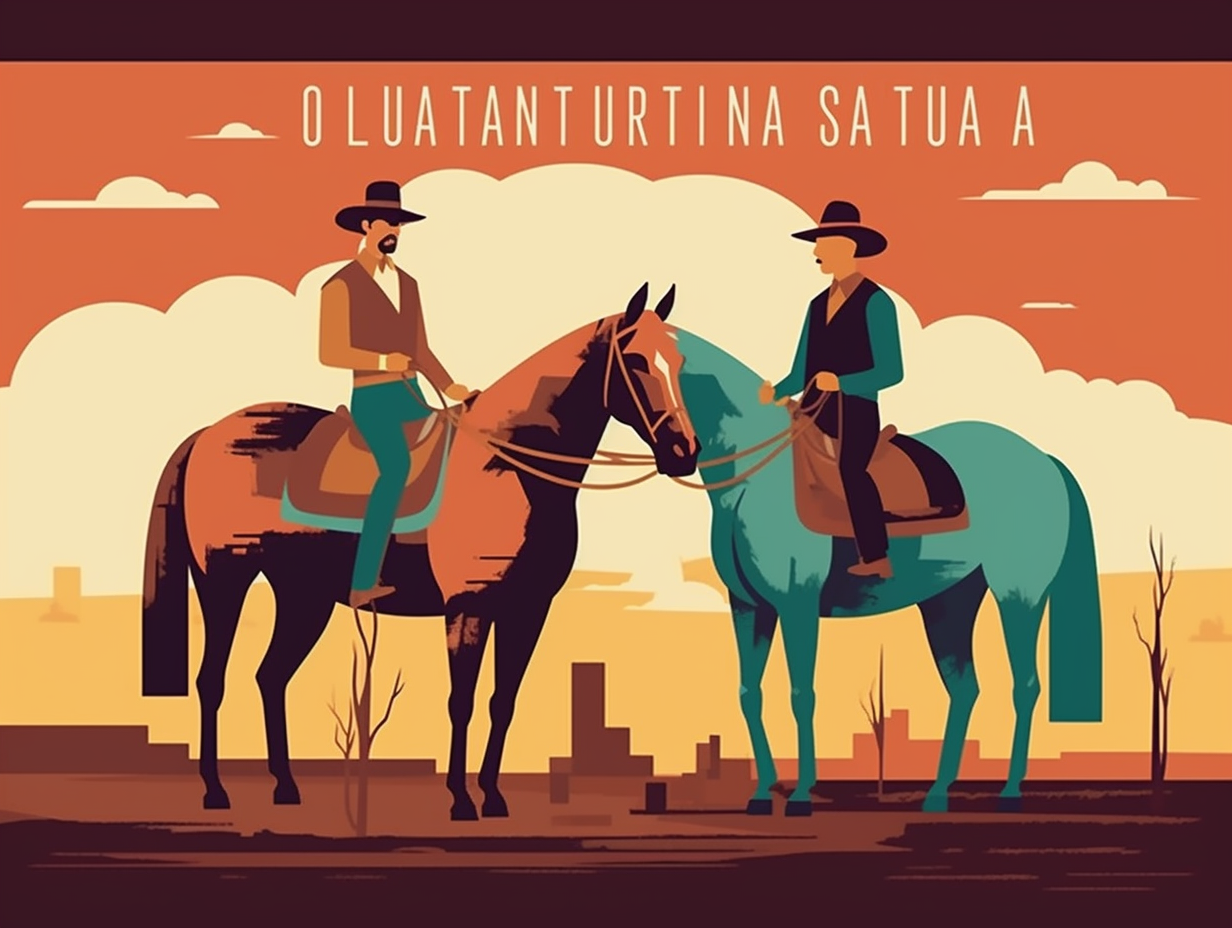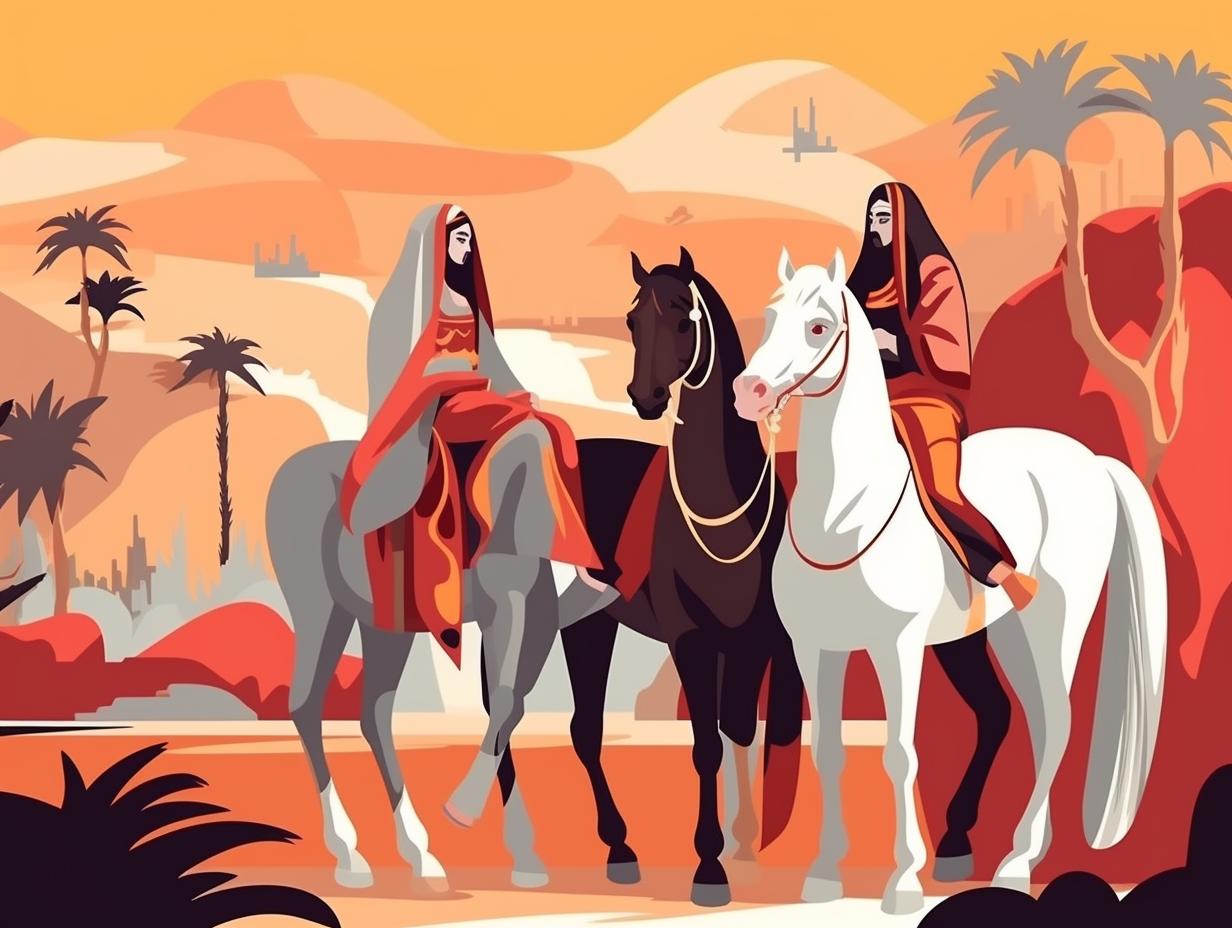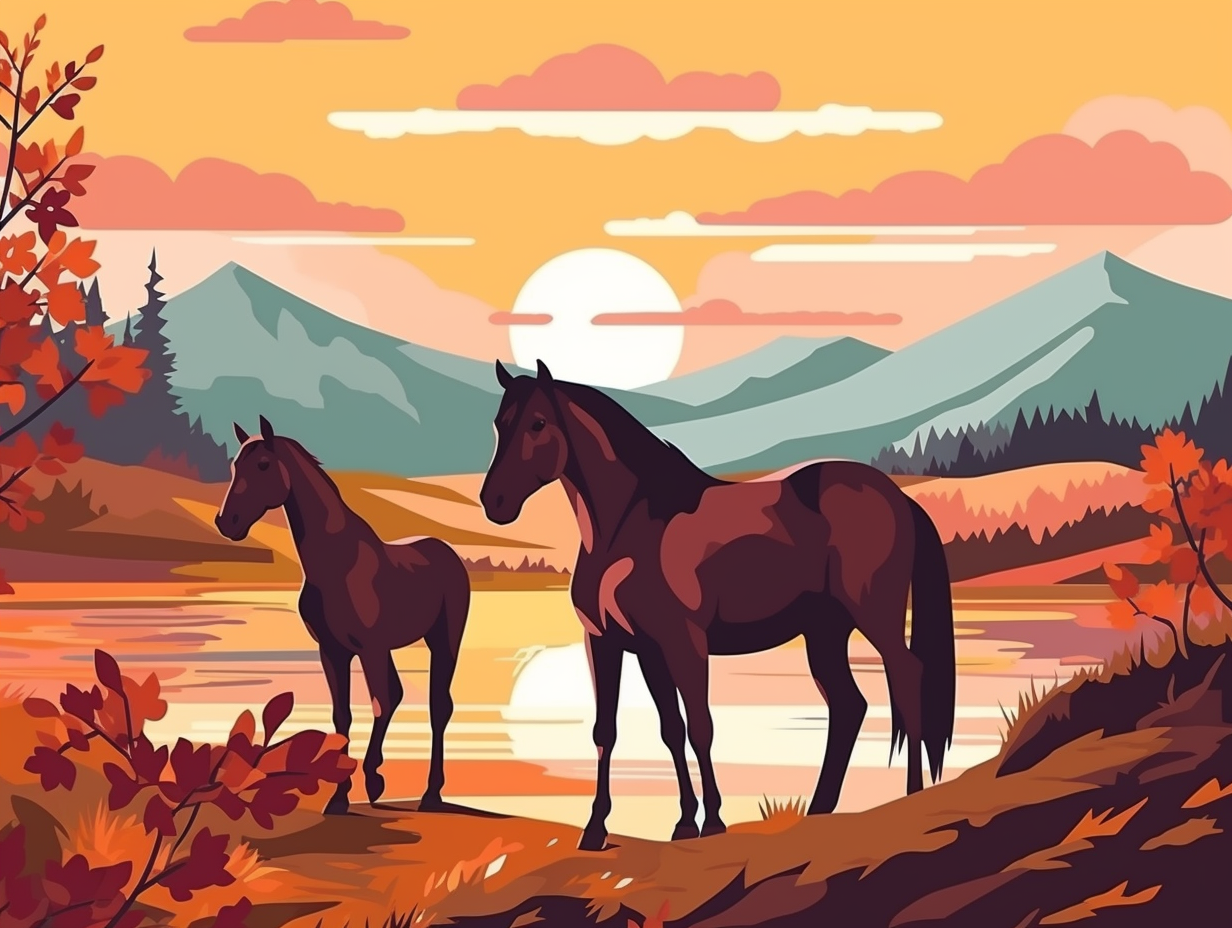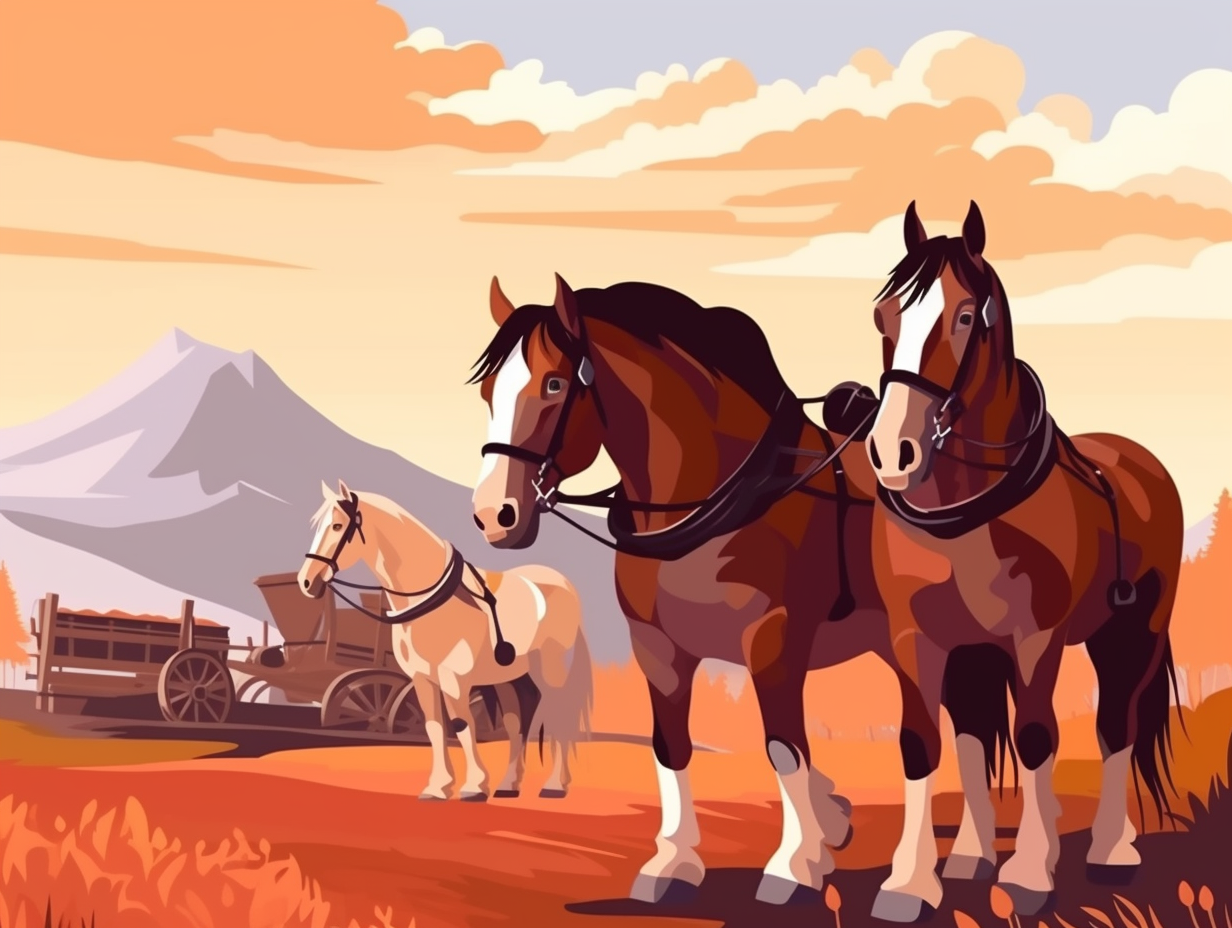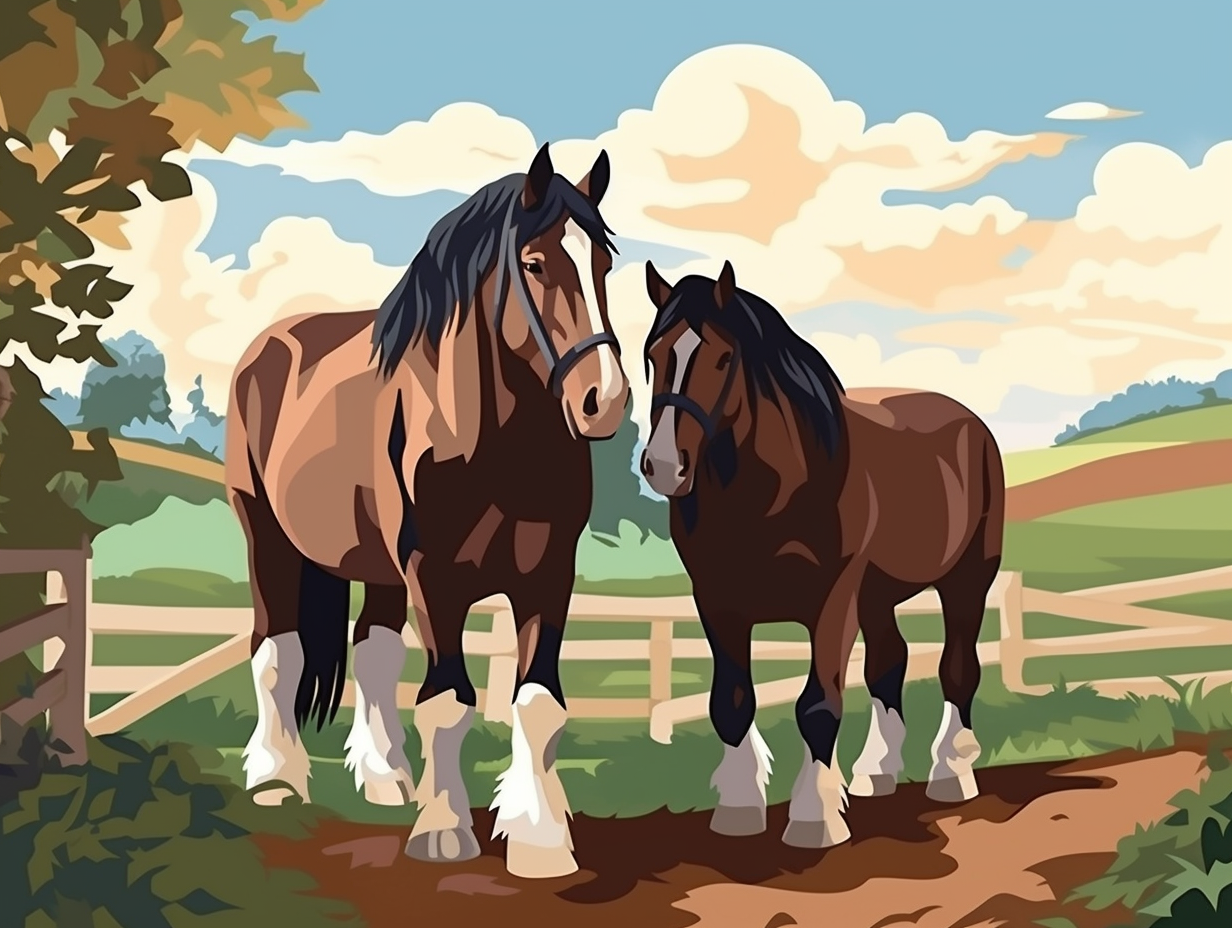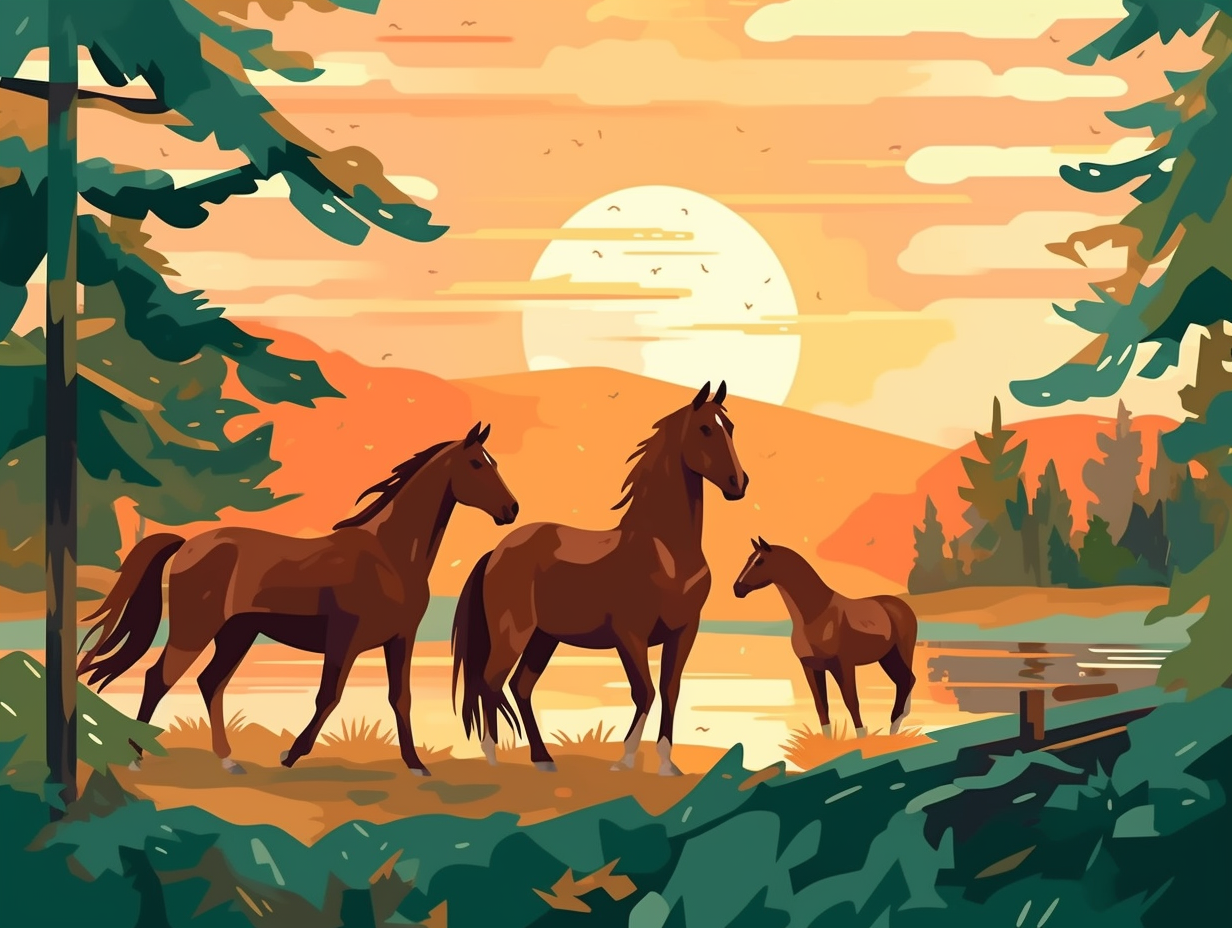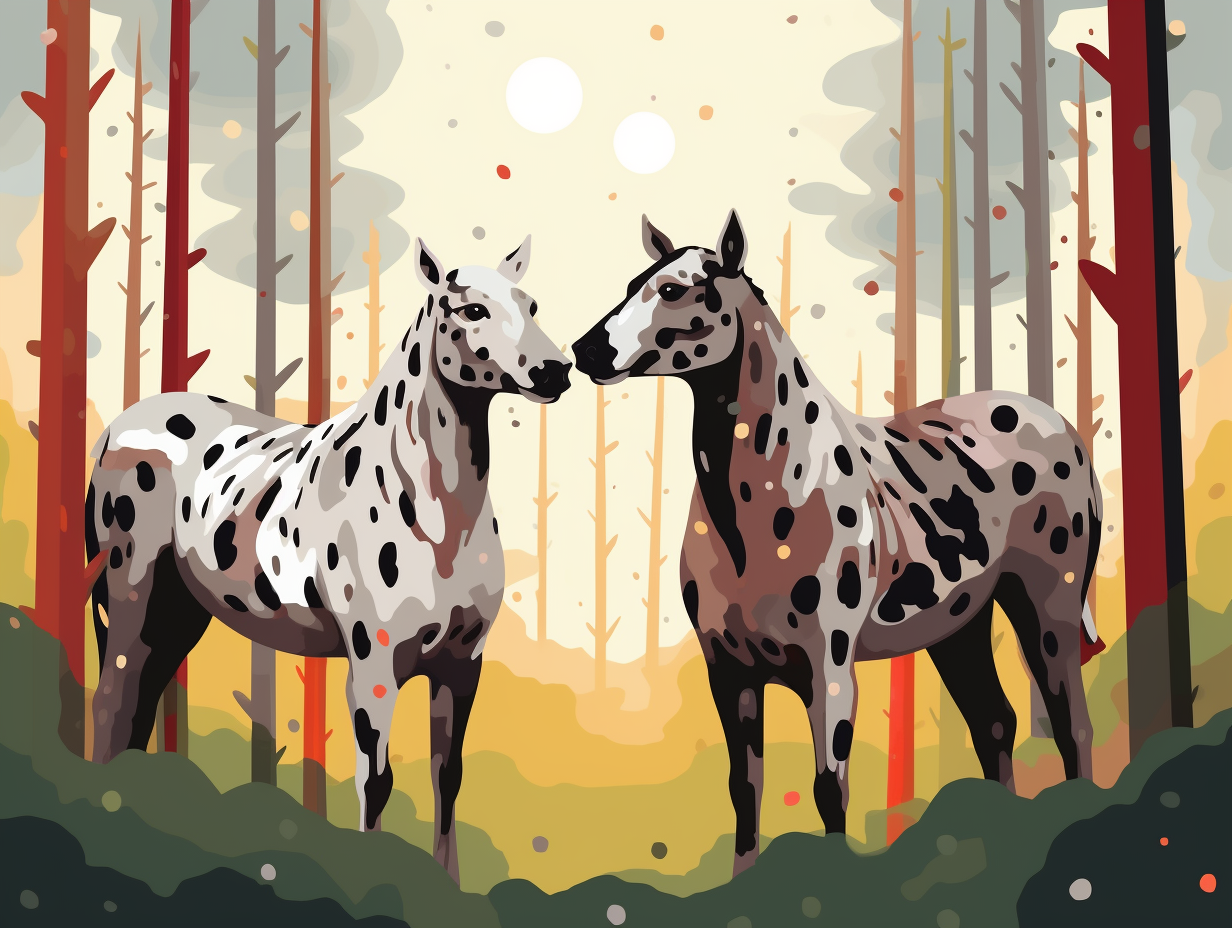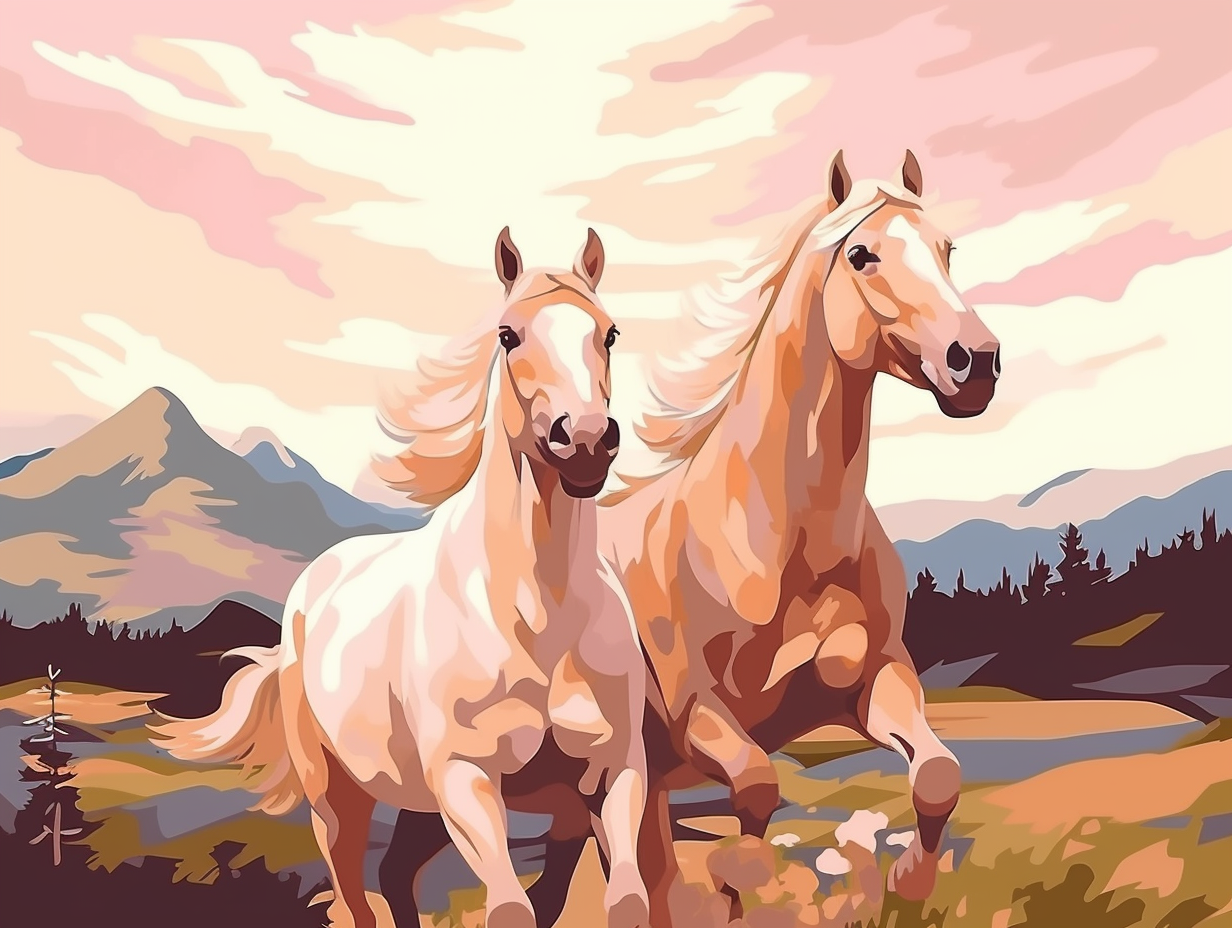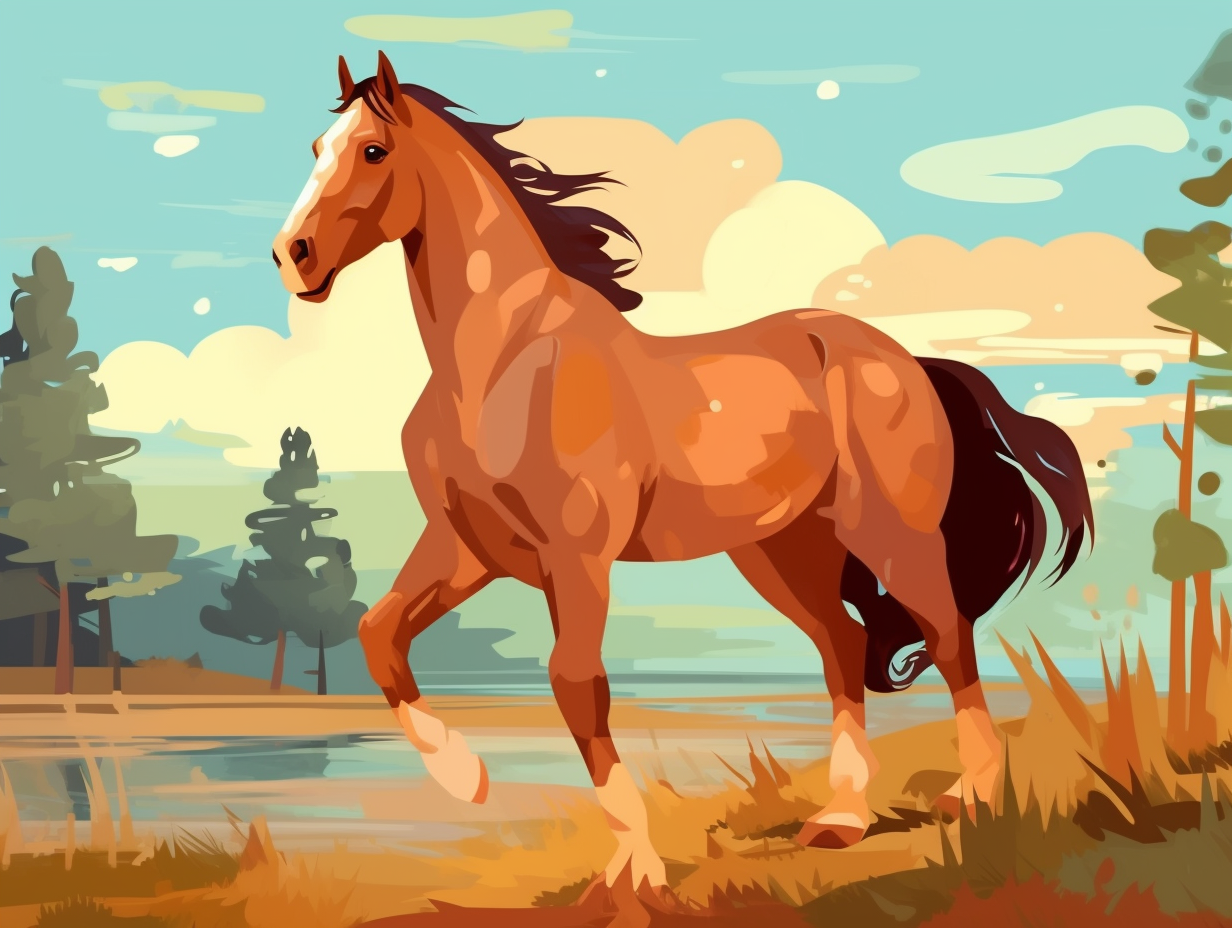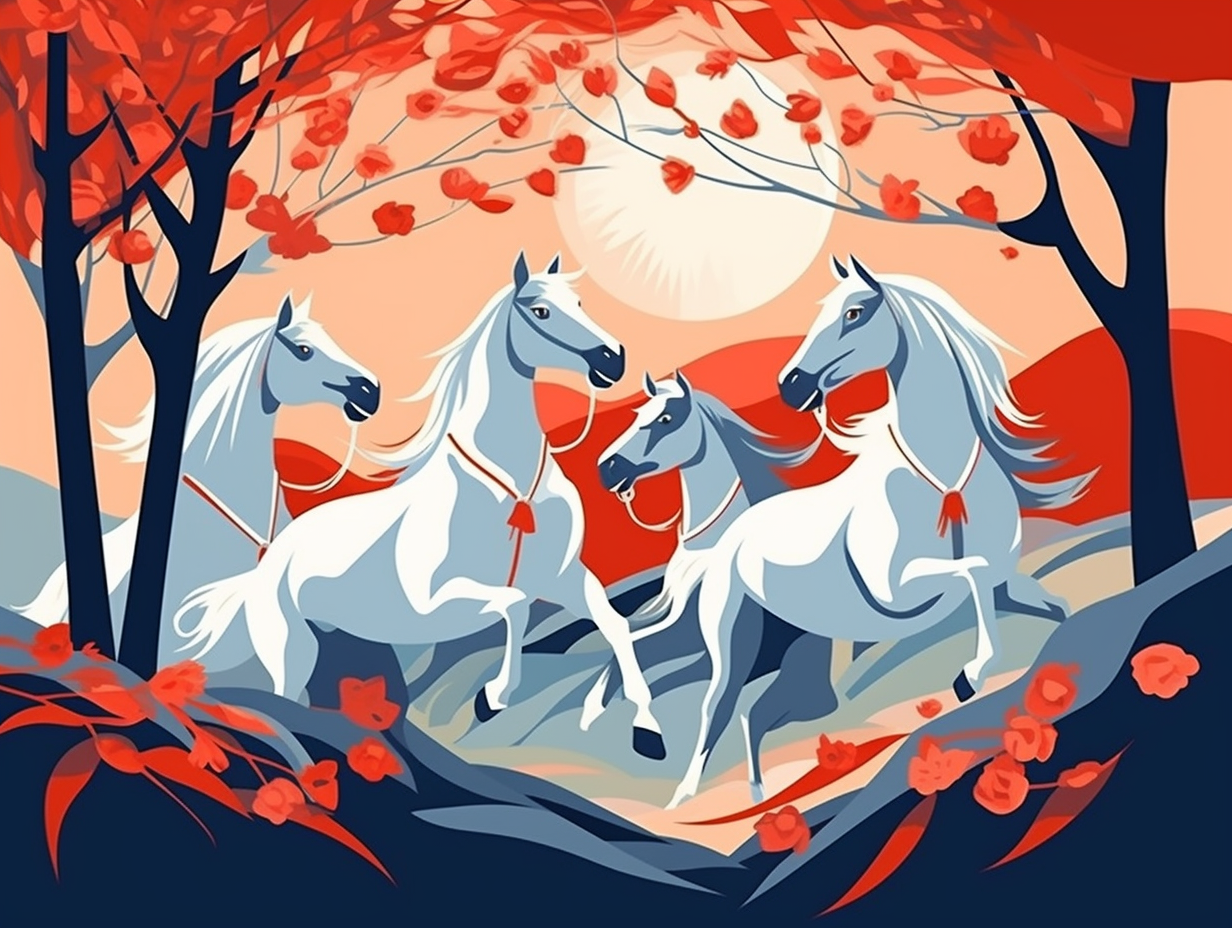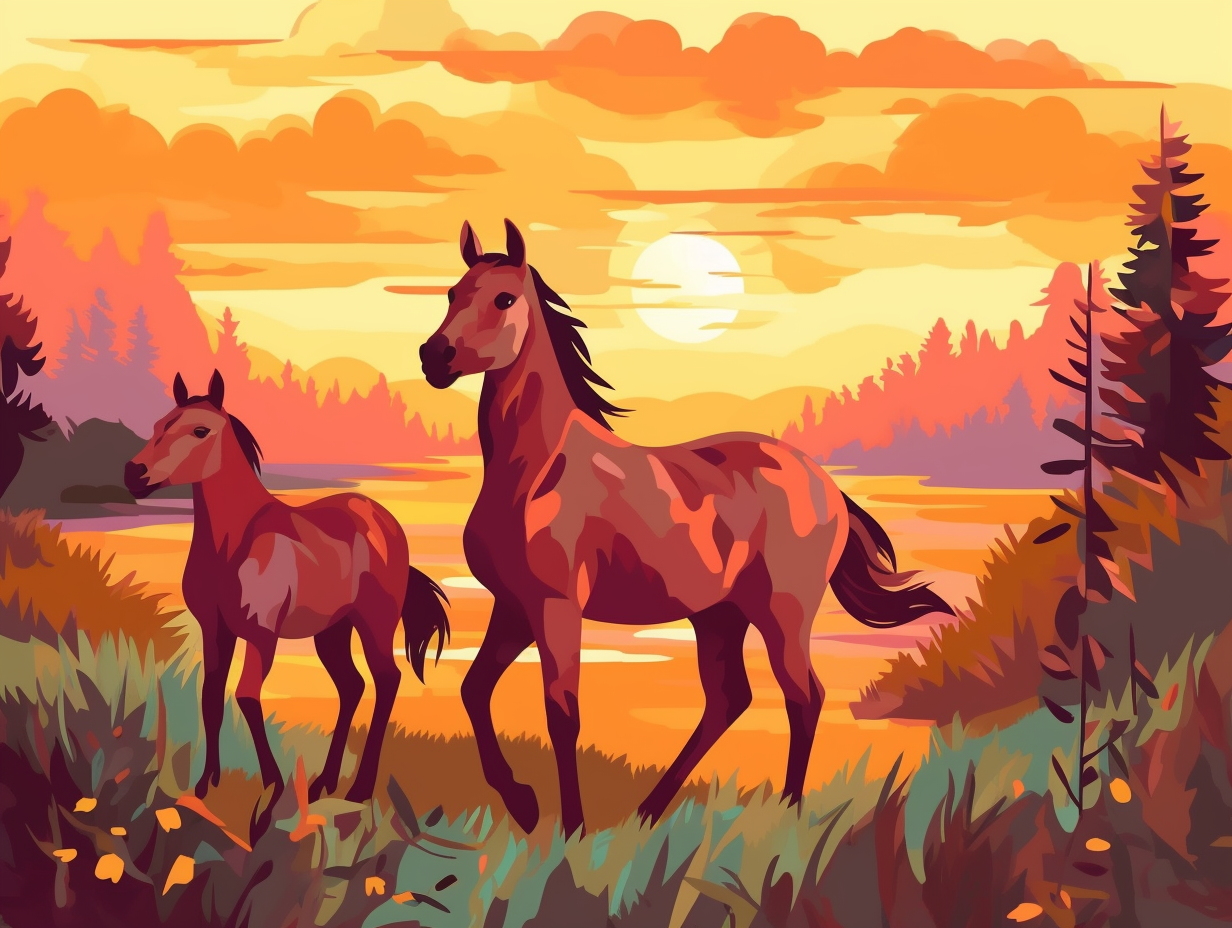Discover the Wild Side: Top 9 Amazing and Engaging Fun Facts About Mustang Horses
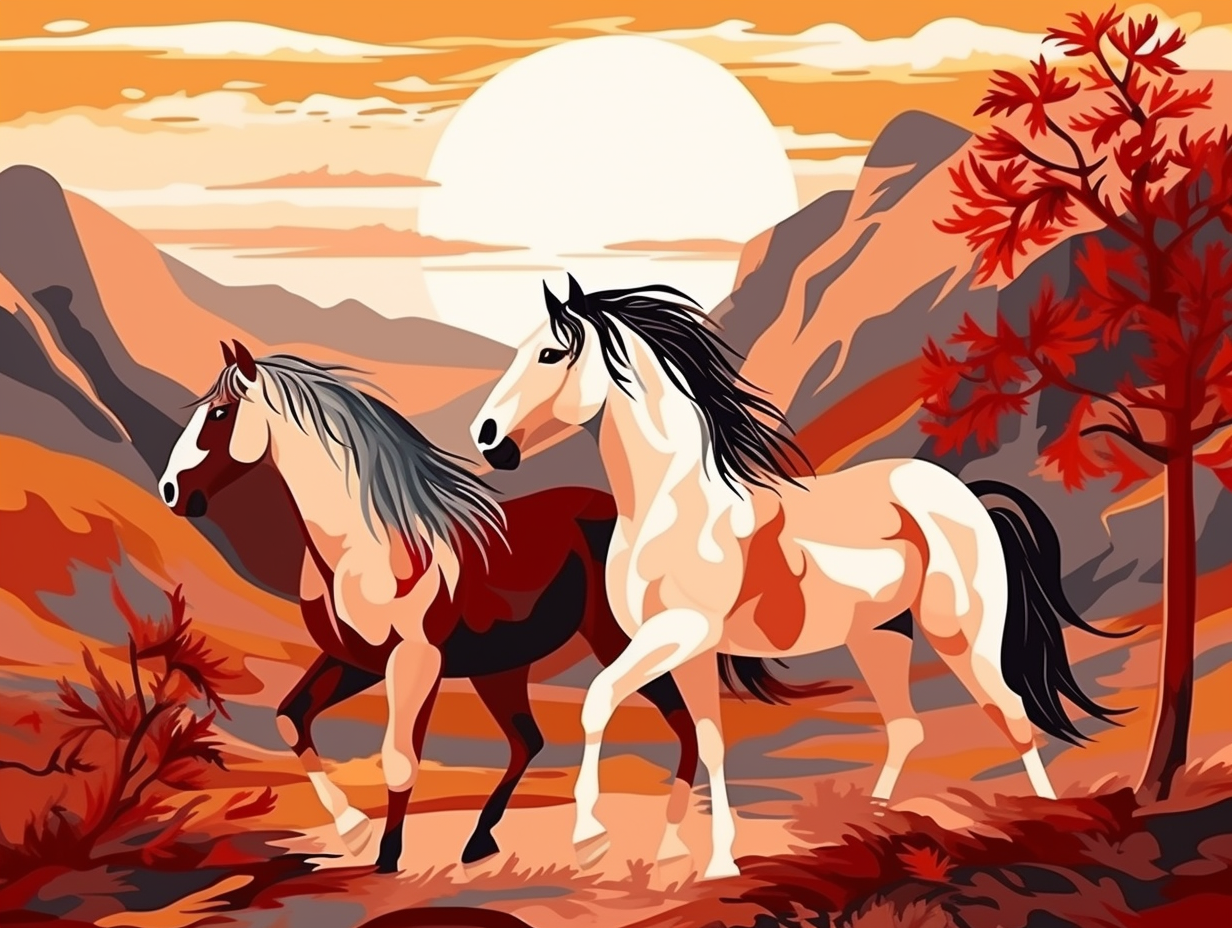
1. Party Animals with Spanish Lineage
Hold your horses, folks: what we call wild mustangs are actually party animals with a Spanish lineage! No autographs, please: The legendary mustang horse isn't completely wild, but a feral descendant of the Colonial Spanish horses brought to the Americas, with multiple breeds mixing it up over the years. They might not come with a strumming flamenco guitar, but these captivating horses still rule the American West and remain a timeless symbol of the frontier.
Source => americasmustang.com
2. Classification Conundrum
Equine identity crisis alert! When it comes to Mustang horses, they've been going through a classification conundrum: stuck between domesticated divas and wild survivors. But let's trot down some serious tracks: Mustangs are considered feral by the United States Bureau of Land Management, stemming from once-domesticated horses brought to the West over 500 years ago. However, the equestrian community is still neigh-gotiating about whether they should be classified as wild instead, since they've become such accomplished adaptors of the rugged wild.
Source => holistapet.com
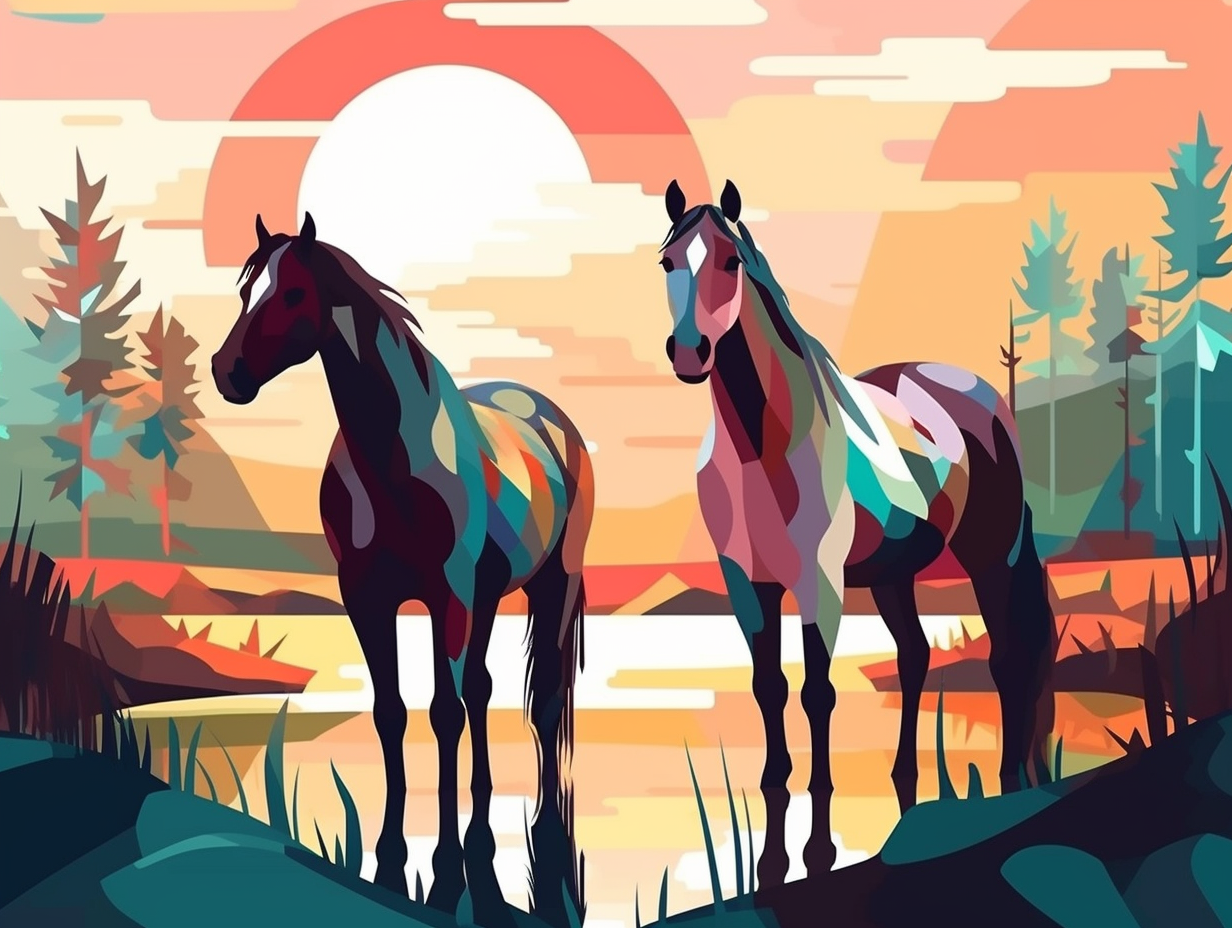
Did you know horses can gallop up to an impressive 89km per hour, making them one of the fastest land animals? Discover how their breed, fitness, and training factors into their incredible speed! 🐎💨
=> Fun Facts about Horses
3. Escape Artists Extraordinaires
If curiosity killed the cat, it'll put the Mustang in a straightjacket: these mischievous equines are renowned for their intelligence and penchant for escape, using their mouths to unhitch knots and disassemble objects within reach when left to twiddle their hooves.
Source => horseillustrated.com
4. Meet Mustang's Queen Bey
Move over, Queen Bey: Mustang herds actually owe their flawless formations to their very own Beyoncé, a dominant lead mare who commands her equine entourage's every step. She orchestrates their water cooler gossip and even micromanages their lunch breaks: the lead mare decides when and where to move for food and water, while the lead stallion plays the role of the muscle, protecting the herd from predators and wannabe Romeos. This intricate social structure ensures the survival of Mustangs, turning their wild lives into a well-choreographed, neigh-bulous dance.
Source => horseracingsense.com
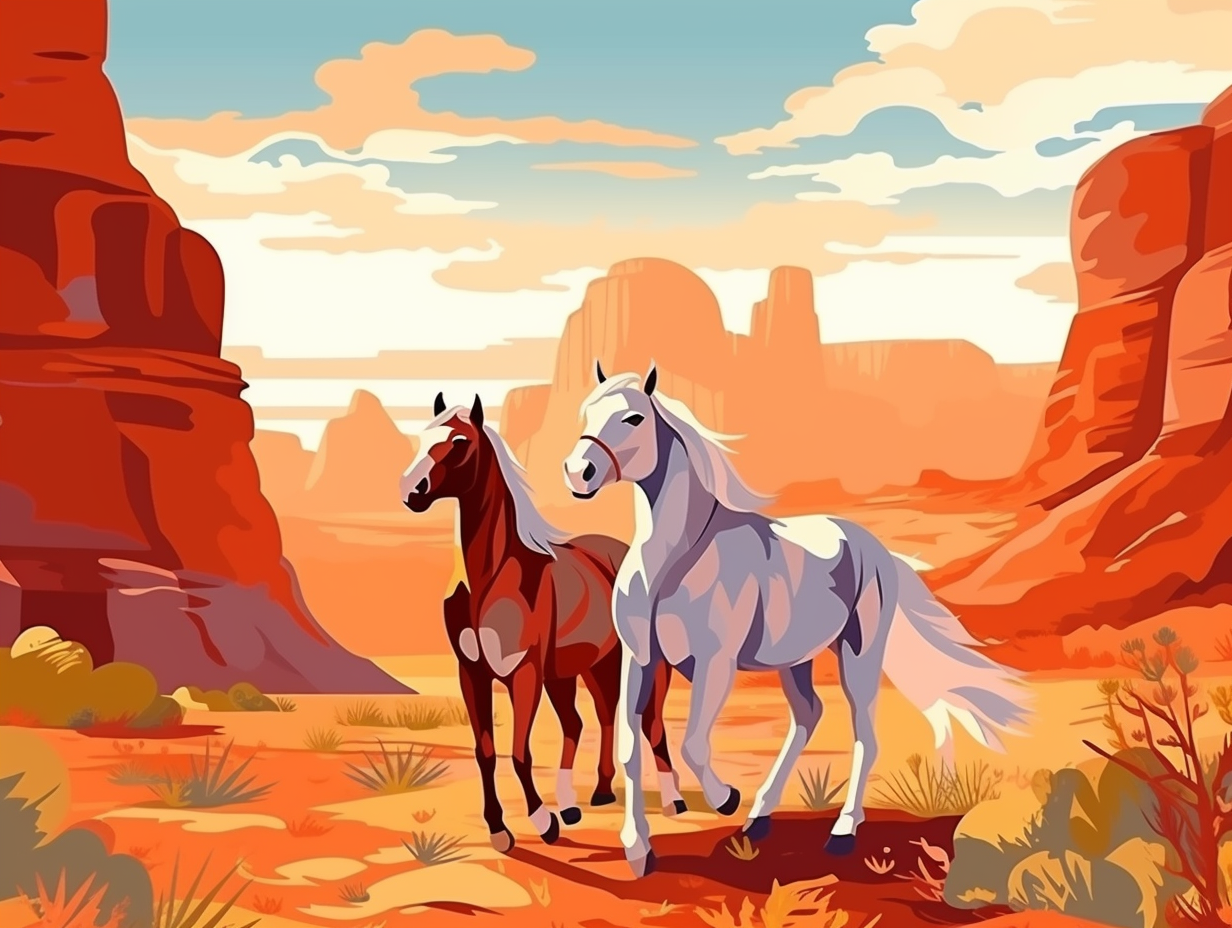
5. Fifty Shades of Neigh
Forget Fifty Shades of Grey, Mustang horses offer Fifty Shades of Neigh: These versatile equines can sport a dazzling array of colors, from basic bay, brown, and chestnut to uncommon roan, pinto, and appaloosa hues. You can even find a pearl-colored BLM Mustang available for adoption at a mere $125, perfect for those seeking equestrian elegance at an affordable price!
Source => helpfulhorsehints.com
6. Equine Bureaucracy Woes
In a shocking twist of equine bureaucracy, even mustangs must abide by government-assigned living spaces: BLM public lands that were once a haven for these wild horses and burros in 1971 are now not managed for their welfare due to conflicts with private land, jurisdiction transfers, and other resource protection needs like endangered species habitats.
Source => blm.gov
7. Mustang Mind-Readers
If you thought horse whisperers had some mad skills, wait till you meet the mustang mind-readers: Mustangs are not only highly intelligent and socially sophisticated creatures, but their wild roots have equipped them with exceptional abilities to understand movement, energy, and body language, making them experts at deciphering human intentions, perfecting your horsemanship skills, and even enhancing personal growth and rehabilitation.
Source => mustangs4us.com
8. Birth Control for Mustang Sally
Mustang Sally, keep that birth control handy: In 1971, the Bureau of Land Management created the Wild Horse and Burro Program to protect wandering mustang and burro herds by managing population growth with fertility measures and periodic removals, ensuring the health of these wild animals and their fragile Western habitats.
Source => blm.gov
9. Mustang GPS: The Original Navigation System
Who needs a GPS when you've got a Mustang? These horses have an exceptional sense of direction, having navigated their way through centuries of hardships and remaining as regal as ever: Mustangs are descendants of Spanish breeds brought to America in the 1500s and are celebrated for their resilience and endurance. Once hunted and mistreated, they now flourish with around 33,000 in the wild, largely due to the 1971 Wild Free-Roaming Horse & Burro Act. So, the next time you find yourself lost in Nevada, just ask a Mustang for directions!
Source => americanwildhorsecampaign.org
Related Fun Facts

